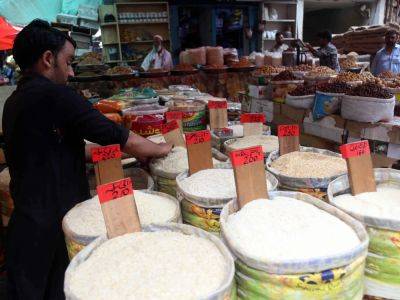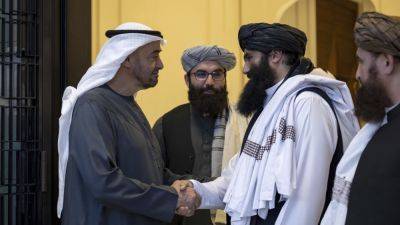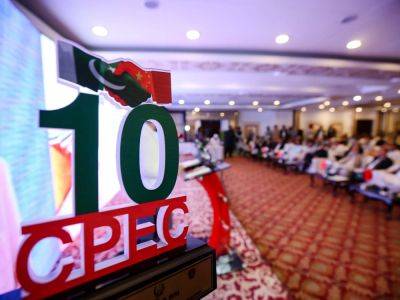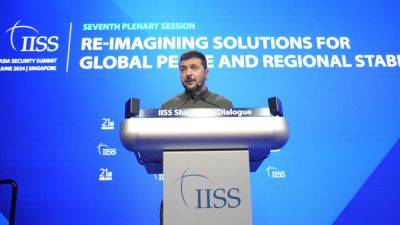As cash-strapped Pakistan seeks to ease its China reliance, Saudi, UAE pledge billions
Pakistani Prime Minister Shehbaz Sharif secured US$10 billion in investments from UAE President Mohammed bin Zayed Al Nahyan during a meeting in Abu Dhabi last week.
“For cash-strapped Pakistan, the commitment of the UAE and Saudi Arabia to invest in its economy comes as a welcome relief, particularly amid ongoing negotiations with the International Monetary Fund for a new bailout package,” said Farwa Aamer, director of South Asia Initiatives at the Asia Society Policy Institute in New York.
Since assuming office in early March after a controversial general election, Shehbaz’s government “proactively pursued high-level engagements” with wealthy Gulf monarchies, notably Saudi Arabia and the UAE, “with a focus on fostering robust collaborations and investments across pivotal sectors”, Aamer said.
The investment came as Pakistan in July last year implemented a series of austerity measures required by the IMF under a one-year US$3 billion emergency bailout programme that helped the country avoid defaulting on its international payments.
The IMF disbursed the final US$1.1 billion tranche to Pakistan on May 1. The two sides also recently held negotiations in Islamabad for a new rescue package worth at least US$6 billion that would be extended for three to four years.
IMF mission leader Nathan Porter described the talks as “fruitful”, saying they would continue via video link over the coming days to reach an agreement ahead of the unveiling of Pakistan’s budget next month for the financial year 2024-25, which begins on July 1.
Pakistan needs foreign currency inflows totalling US$24 billion between July this year and June 2025 to service its external debts of over US$86 billion.
Porter said further discussions would cover the






